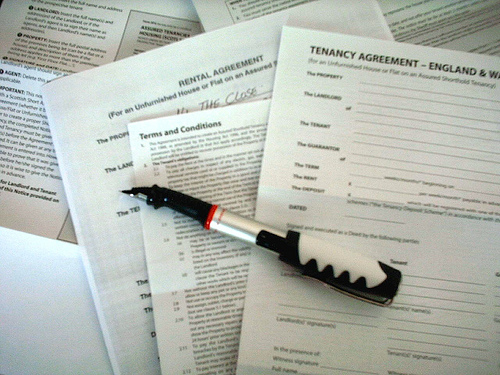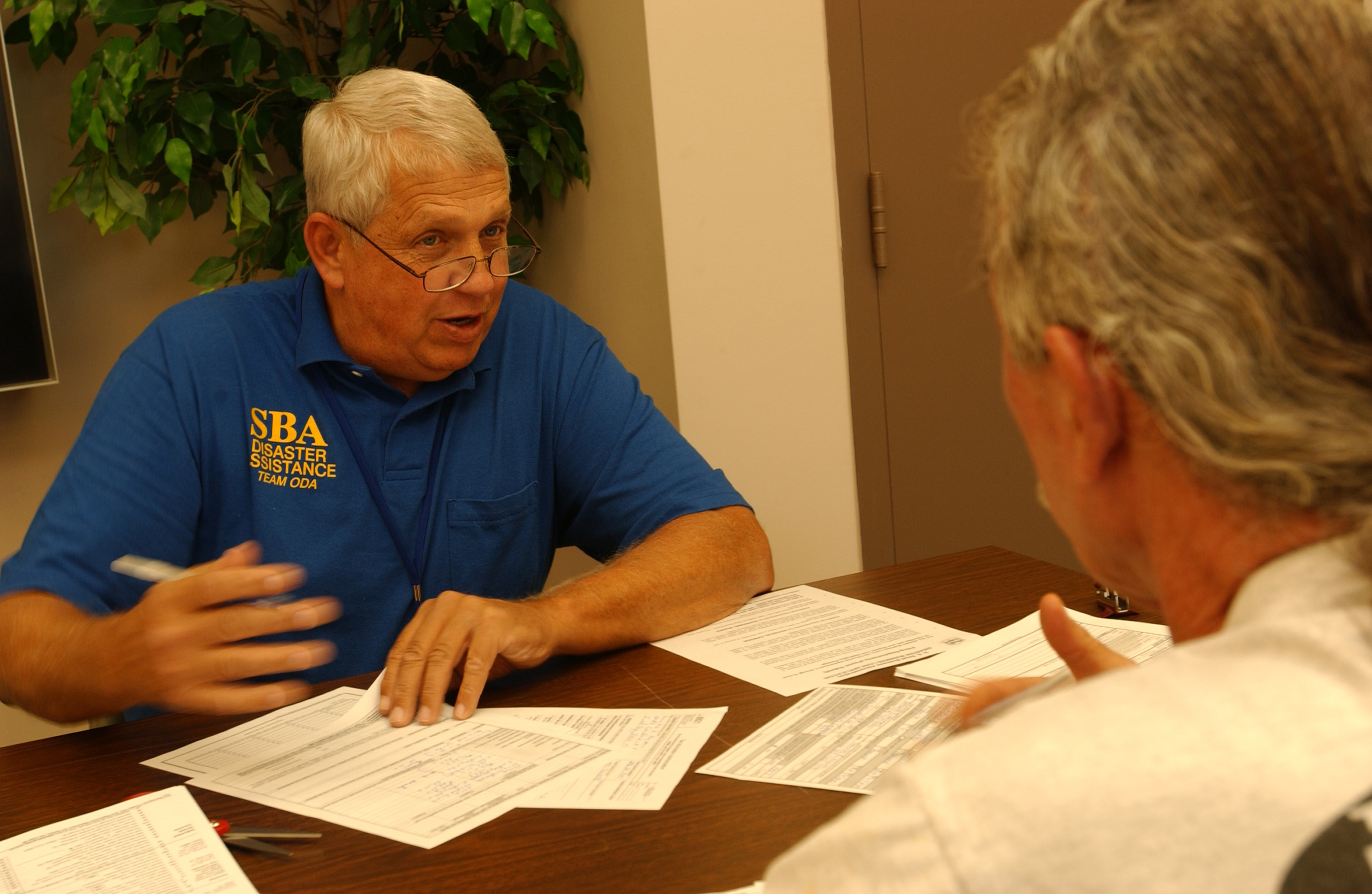 Georgia business lawyer explains: Implied Warranties in Georgia: What if a merchant sells you a product “as is” that turns out to be defective? Is there anything you can do?
Georgia business lawyer explains: Implied Warranties in Georgia: What if a merchant sells you a product “as is” that turns out to be defective? Is there anything you can do?
Under Georgia law the answer is perhaps. First, if the seller made an express warranty to you (such as claiming that the product was new or in great condition and it turned out to be defective) they cannot get out of honoring that express warranty to you despite disclaiming an implied warranty. In City Dodge, Inc. v. Gardnere , 232 Ga. 766, 208 S.E.2d 794 (1974), the Georgia Supreme Court said that an express warranty that the car dealer made was not negated even though the car dealer sold the car “as is” in the purchase agreement.
Additionally, even if a seller has sold you a defective product “as is” you can “revoke the acceptance” as soon as the product is delivered to you. Esquire Mobile Homes, Inc. v. Arrendale, 182 Ga. App. 528, 356 S.E.2d 250 (1987). The Georgia Court of Appeals has stated that revocation of acceptance under O.C.G.A. § 11-2-608 is an available remedy even where the seller has attempted to limit its warranties .
What is “Revocation of Acceptance?” Revocation is an available remedy even where the seller has attempted to limit its warranties by use of “as is” language under O.C.G.A. § 11-2-316. See Prudential Metal Supply Corp. v. Atlantic Freight Sales Co., 204 Ga. App. 439, 419 S.E.2d 520 (1992).
A buyer must pay at the contract price for any goods accepted. Ga. Code Ann. § 11-2-607(1). However, a buyer is entitled to accept or reject goods which fail to conform to the contract by rejecting or accepting the whole, or by accepting any commercial unit or units (Ga. Code Ann. § 11-2-105(6)), and rejecting the rest. Ga. Code Ann. § 11-2-601. Acceptance occurs when, after a reasonable opportunity to inspect the goods, the buyer indicates the goods are conforming or that he will take them despite the nonconformity, or the buyer acts in a manner inconsistent with the seller’s ownership. Ga. Code Ann. § 11-2-606. Acceptance of any part of a commercial unit is acceptance of the whole unit. Ga. Code Ann. § 11-2-606(2).
So how do I revoke acceptance? Within a reasonable time after delivery or tender, you the buyer are entitled to reject nonconforming goods under the provisions of Ga. Code Ann. § 11-2-602 if you seasonably (that means timely) notifiy the seller of your rejection. Moreover, even after acceptance, you the buyer have a right to revoke acceptance under the provisions of Ga. Code Ann. § 11-2-608 for nonconformance that substantially impairs the value of the goods. (For example the car you bought blew up or the bags of rice you purchased are filled with rat droppings) Griffith v. Stovall Tire &c. Inc., 174 Ga. App. 137, 139 (329 S.E.2d 234) (1985)
Most importantly, revocation is an available remedy even where the seller has attempted to limit its warranties by use of “as is” language under Ga. Code Ann. § 11-2-316.
Consequently, we have discussed two ways to seek remedy even when the seller disclaimed the implied warranty. First, if an express warranty was made, the implied warranty disclaimer is negated. Second, even if there was an implied warranty disclaimer, the buyer can still “revoke acceptance” if the goods don’t conform as to what was expected and you notify the seller in a timely manner or if the goods are so bad that they substantially impair the value of the goods, you can still revoke the acceptance even after acceptance has been made.
Other grounds for seeking remedy even if an implied warranty has been disclaimed are actions for fraud, deceit, negligent misrepresentation, and our favorite cause of action—the Georgia Fair Business Practices Act.
Continue reading →
 “How can I be sure that this non-compete contract is fair and enforceable?” is a question many clients ask us whether they be employers or employees.
“How can I be sure that this non-compete contract is fair and enforceable?” is a question many clients ask us whether they be employers or employees.  Georgia Injury Lawyer Blog
Georgia Injury Lawyer Blog




 “Can I enforce this contract?” “Can I get out of this contract?” “Is this contract enforceable?” These are all questions we often hear from clients. Under Georgia law, a contract does not exist nor is enforceable unless the parties agree on all “material” (that means essential, significant and substantial) terms.
“Can I enforce this contract?” “Can I get out of this contract?” “Is this contract enforceable?” These are all questions we often hear from clients. Under Georgia law, a contract does not exist nor is enforceable unless the parties agree on all “material” (that means essential, significant and substantial) terms.  Police arrested a 14-year-old New Jersey City boy for allegedly threatening two 12-year-old boys on Facebook by threatening to kill and hurt them, calling them “gay” and “fat” and stating to one boy that he would tie him to a pole, attach a rope and hook to the boys stomach, tie it to a car and drive off tearing off his body. He allegedly did all this because he believed they were interested in his girlfriend.
Police arrested a 14-year-old New Jersey City boy for allegedly threatening two 12-year-old boys on Facebook by threatening to kill and hurt them, calling them “gay” and “fat” and stating to one boy that he would tie him to a pole, attach a rope and hook to the boys stomach, tie it to a car and drive off tearing off his body. He allegedly did all this because he believed they were interested in his girlfriend.


